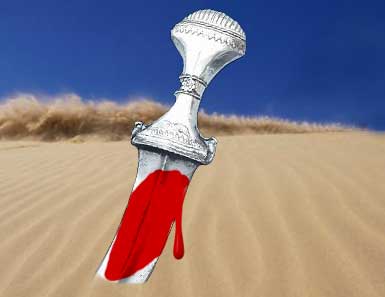The sons of rebellion
When I was complaining recently about an organization whose board is at odds with its leaders, a friend said – “sounds like a synagogue.” I had not mentioned the name of the organization. The organization is not even a synagogue. I had not spoken any names or given any details. The dystopia of Jewish organizations is apparently legendary and the rancor of its non-profit boards is notorious.
No surprise that such a scenario plays out in the Torah at parashat Korach which is named for a relative of Moses and Aaron. “Korach . . . [a descendant of Levi] rose up against Moses, together with two hundred and fifty Israelites, chieftains of the community, chosen in the assembly, men of repute. They combined against Moses and Aaron and said to them, “You have gone too far! For all the community are holy, all of them, and the Lord is in their midst. Why then do you raise yourselves above the Lord’s congregation?” Numbers 16: 1 – 3.
The tragedy of Korach and his followers is that they were already elevated leaders among the people – just like the members of a board of directors. Ultimately, Korach and his followers are decimated. The Torah describes their tribunal and deaths. Their legacy is a cautionary tale against rebellion and over-reaching.
Perhaps there have been more than a few non-profit board presidents or rabbis who have invoked the name of Korach when confronting disgruntled congregants or board members. Even though the sorry fate of Korach may be well known, rebellions within Jewish organizations continue to occur.
What amazes me, as a reader of the text, is that Korach and his conspirators could so easily devalue Moses and Aaron’s leadership of the people. These are the leaders who took them from slavery to freedom. Korach’s followers were blinded by their own perceived slights; believing that Moses and Aaron had taken too much greatness for themselves. No matter that the charges were wildly ridiculous as the Torah tells us Moses was the humblest of men. Short memories and self-absorbed sanctimony fomented rebellion.
There is a glimmer of hope that follows later in the Torah. We learn that despite Korach’s wide-ranging approval among the people, in his own home he was unsuccessful. The Torah reports that the sons of Korach did not die (Numbers 26:11). Apparently, the sons of Korach neither followed their father nor his teachings. They continued their obligations to carry the Ark. Moreover, Psalms 42,44-49,84-85,87-88, some of the most beautiful, are all attributed to the descendent of Korach!
For those leaders who have been accused, unfairly or undeservedly, there is a message. No matter how harsh the accusations and how vile the accusers; some legacy of duty and even splendor may yet remain. What may be the hardest advice to accept is to hold one’s enemy in your own prayers and in your heart. If not for their own sake but then for the sake of their children who may yet bring great service and beauty to the world.
R’ Evan J. Krame






 Evan J. Krame was ordained as a rabbi by the
Evan J. Krame was ordained as a rabbi by the